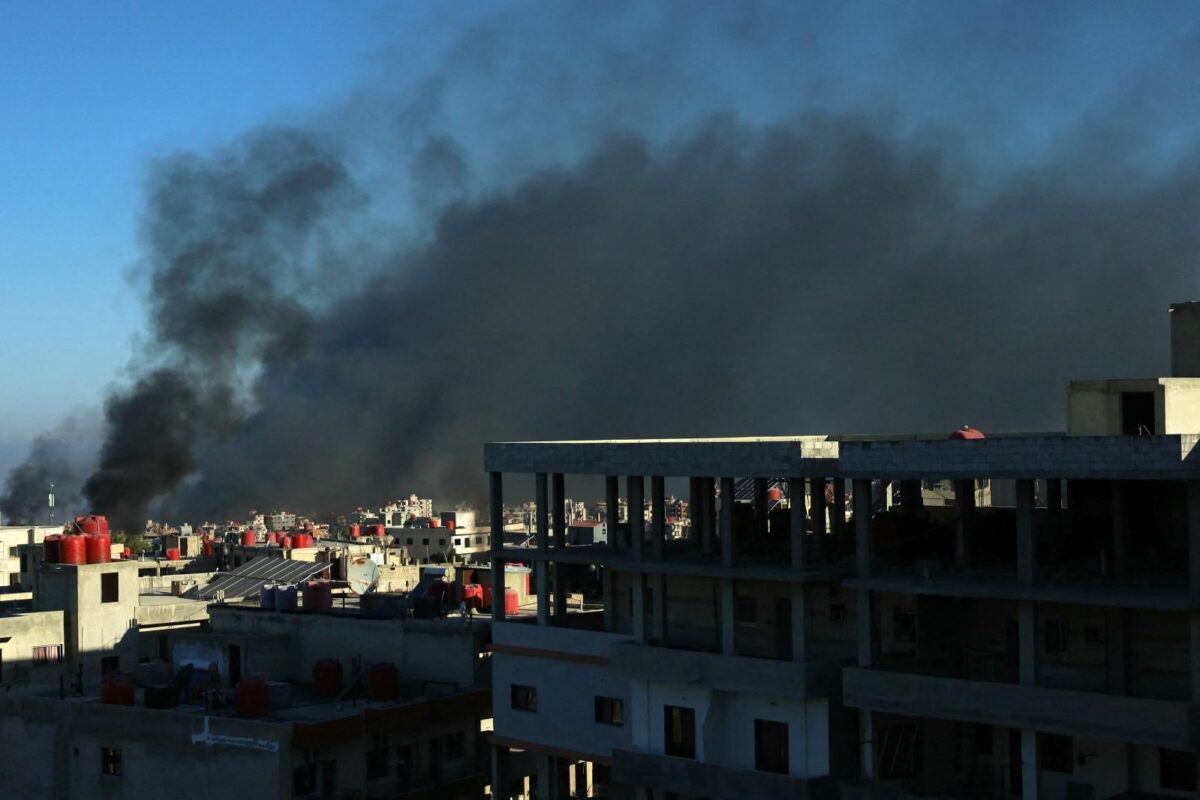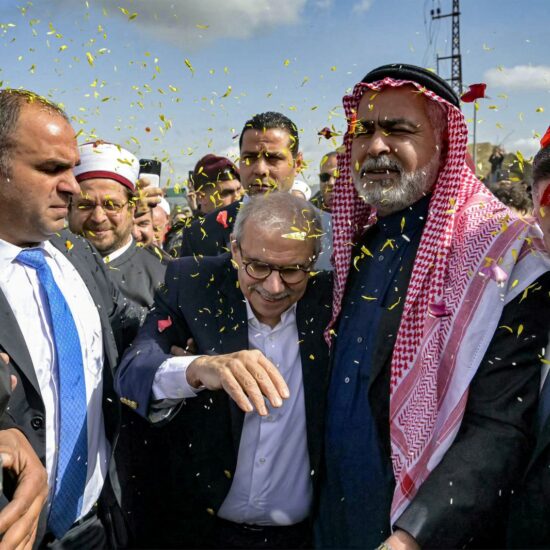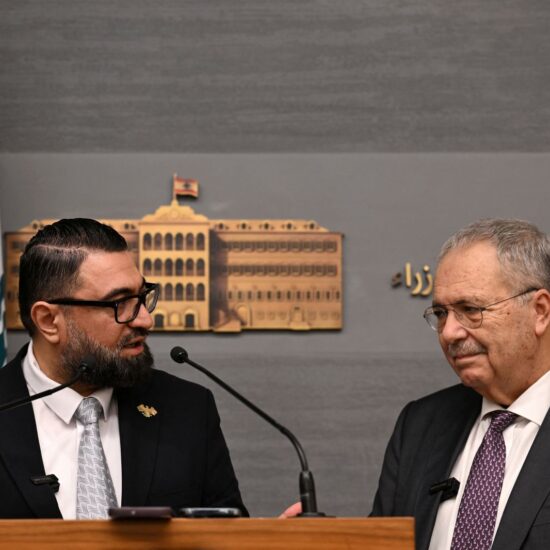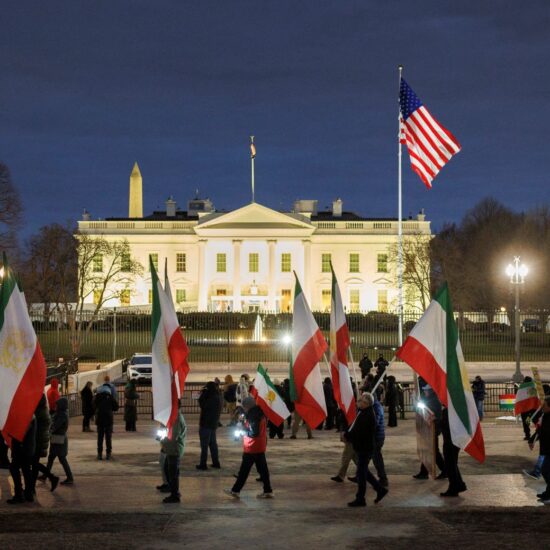
“The cup of bitterness is sweeter in dignity than the water of life in humiliation. Faith is charged with patience, preserved with justice, strengthened with certainty, and fortified with struggle. Return to your history, rich in heroism.”
— From the final testament of Sultan al-Atrash
These words of pride and defiance by Sultan al-Atrash, the legendary leader of the 1925 Great Syrian Revolt, echo once again through the mountains of southern Syria. Today, they resonate in Suwayda’s mourning villages, in the eyes of sheikhs and youth alike who have chosen to confront a regime that sees no distinction between citizen and enemy, faith and firepower.
The Druze, a monotheistic religious community rooted in the Arab East since the 10th century, have played pivotal roles in shaping the political contours of the region—particularly in Syria, Lebanon, and Israel. Their cohesion as a community, guided by a powerful sense of spiritual brotherhood known as al-Ikhwan, has long been the cornerstone of their resilience, enabling them to act as one in the face of existential threats.
Since the early 20th century, Jabal al-Arab (the Mountain of the Arabs) has been a political and military stronghold for the Druze, most famously during the Syrian revolt against French colonial rule led by al-Atrash. Their relationship with the central state has never been one of submission, but of negotiation and, at times, open defiance.
Today, Suwayda—home to most of Syria’s Druze—is witnessing another chapter of confrontation. Clashes have erupted between local Druze factions and the forces of Syria’s new president, Ahmad al-Sharaa. These are not isolated incidents, but the culmination of months of tensions and a stark revelation of the violent logic underpinning the “new” Syrian state.
What has particularly enraged the Druze community are the humiliations suffered at the hands of pro-regime militias: the shaving of religious leaders’ mustaches, desecration of their turbans, and violations of their sanctuaries and a clear mobilization for their ethnic cleaning. These acts are not merely symbolic assaults—they are existential threats to a community whose identity is rooted in spiritual dignity and historical autonomy. Many Druze consider such acts even more unforgivable than physical violence.
Al-Sharaa’s strategy hinges on a familiar blend: exploiting local unrest, framing dissent as lawlessness, and invoking the need to “restore state authority.” Yet his campaign has quickly devolved into indiscriminate repression. The regime’s forces, often composed of unruly and ideologically extreme militias, have blurred the lines between combatant and civilian, elder and child.
The conflict in Suwayda must also be understood as part of a broader effort by the regime to assert dominance over a historically autonomous region. Backed—tacitly or overtly—by American, Gulf, and Israeli actors, al-Sharaa has capitalized on internal Druze divisions to fracture the mountain’s defenses. His key demand: the surrender of Druze arms without constitutional guarantees regarding their status in the new Syrian order.
This demand has fractured Druze leadership. In Lebanon, political leader Walid Joumblatt has voiced support for the regime, as have Suwayda’s senior religious authorities, Sheikh Yusuf al-Jarbou and Sheikh Hammoud al-Hannawi. In stark contrast, Sheikh Hikmat al-Hijri—the community’s third senior sheikh—has emerged as the main dissenter, refusing to prematurely disarm and warning of a future that could mirror the state-sanctioned extremism of groups like Jabhat al-Nusra.
Sheikh al-Hijri, supported by Sheikh Mowafaq Tarif, the spiritual leader of Druze in Israel, has become the voice of caution—insisting that participation in the new order must be premised on dignity, not coercion.
Al-Sharaa, drunk on the illusion of a quick victory, has used this internal dissent to launch a bloody crackdown. In one particularly disturbing escalation, a dispute between Suwayda locals and nomadic tribes in the desert was repackaged as a pretext for regime intervention—yet another recycled tactic from the Assad playbook.
Parallels with the Kurdish experience in northeastern Syria are hard to miss. Like the Kurds, the Druze are being punished for asserting local autonomy in a national context that offers no genuine pluralism. Al-Sharaa’s regime, much like its predecessor, prefers submission over partnership.
Meanwhile, diplomatic cover for this offensive has been quietly provided through meetings between al-Sharaa and U.S. envoy Tom Barrack, as well as backchannel communications with Israel, reportedly via Azerbaijan. But the regime’s brutal excesses—especially the torture and public humiliation of Druze elders—prompted Israel to launch limited airstrikes aimed at protecting Syria’s Druze population and appeasing its own Druze citizens.
Still, this Israeli intervention must not be misinterpreted as a green light for vengeance or a reason to prolong armed resistance. The Druze, known for their political acumen, must treat this moment not as an invitation to escalate, but as a chance to press for national recognition and protection under law—not arms.
The image of Sheikh Marhej Shahin (Abu Talal), an elderly Druze man from the town of Thaala, being tortured and forced to shave his mustache on camera, has become emblematic of the crisis. His pain reflects a truth that the new regime refuses to acknowledge: dignity cannot be negotiated, and loyalty cannot be extracted through humiliation.
These developments vindicate Sheikh al-Hijri’s warnings. Swapping a military uniform for a tailored suit, as al-Sharaa has done, does not signal the end of authoritarianism. The abuses of his so-called “liberation state” rival—and often exceed—those of Assad’s Syria. What is new is not necessarily better.
Sectarian incitement, such as the regime’s targeting of Alawite villages on the coast or its reliance on radical Sunni factions in the capital, underscores the danger of institutionalizing identity-based repression. The widespread documentation of torture and abuse on social media makes it impossible to dismiss these crimes as the work of rogue actors.
The result is a deepening sectarian rupture that no token reconciliatory gesture can mend. Blood does not dry easily. Initially divided, the Druze have now coalesced around Sheikh al-Hijri, recognizing that the conflict is no longer just about weapons—but about survival and self-respect.
President al-Sharaa claims to seek national sovereignty, a legitimate goal in principle. But his pursuit of it through brute force rather than constitutional consensus betrays that very ambition. Sovereignty cannot be built on the ashes of marginalized communities. Legitimacy comes from trust, not terror.
The Druze are neither submissive nor unapproachable. They are a community of honor, rooted in land and tradition. They are willing to engage—on the condition that their identity is respected and their dignity protected.
As the iconic Druze singer Samih Shuqair once sang during the early days of the Syrian revolution: “He who kills his people is a traitor, no matter who he is. And the people, like destiny, will not be silenced when they rise.”
Perhaps it is time President Ahmad al-Sharaa heard these words—not as a threat, but as an invitation to build a state, not just a regime.
This article original appeared in Nidaa al-Watan
Makram Rabah is the managing editor at Now Lebanon and an Assistant Professor at the American University of Beirut, Department of History. His book Conflict on Mount Lebanon: The Druze, the Maronites and Collective Memory (Edinburgh University Press) covers collective identities and the Lebanese Civil War. He tweets at @makramrabah







